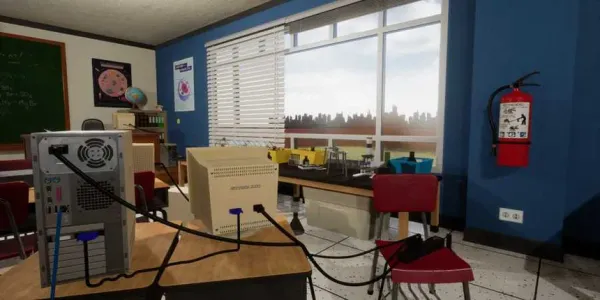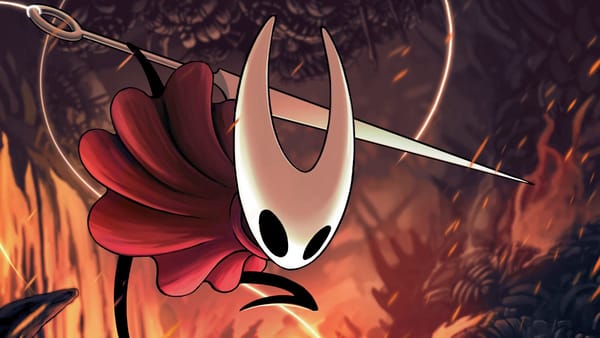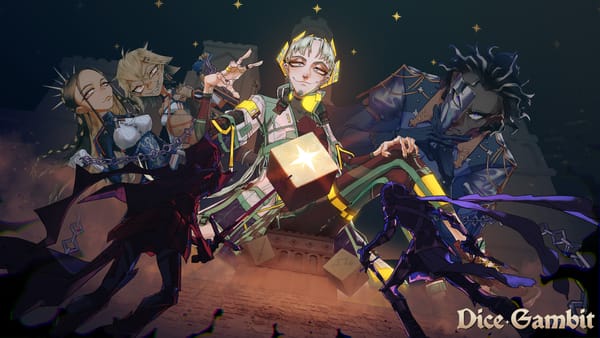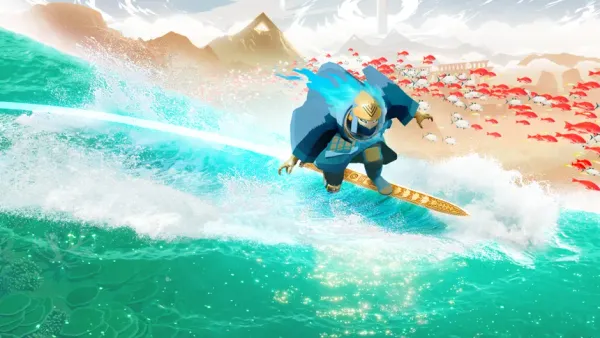A matter of pace
Do we do enough to ensure our games have a good sense of pacing?
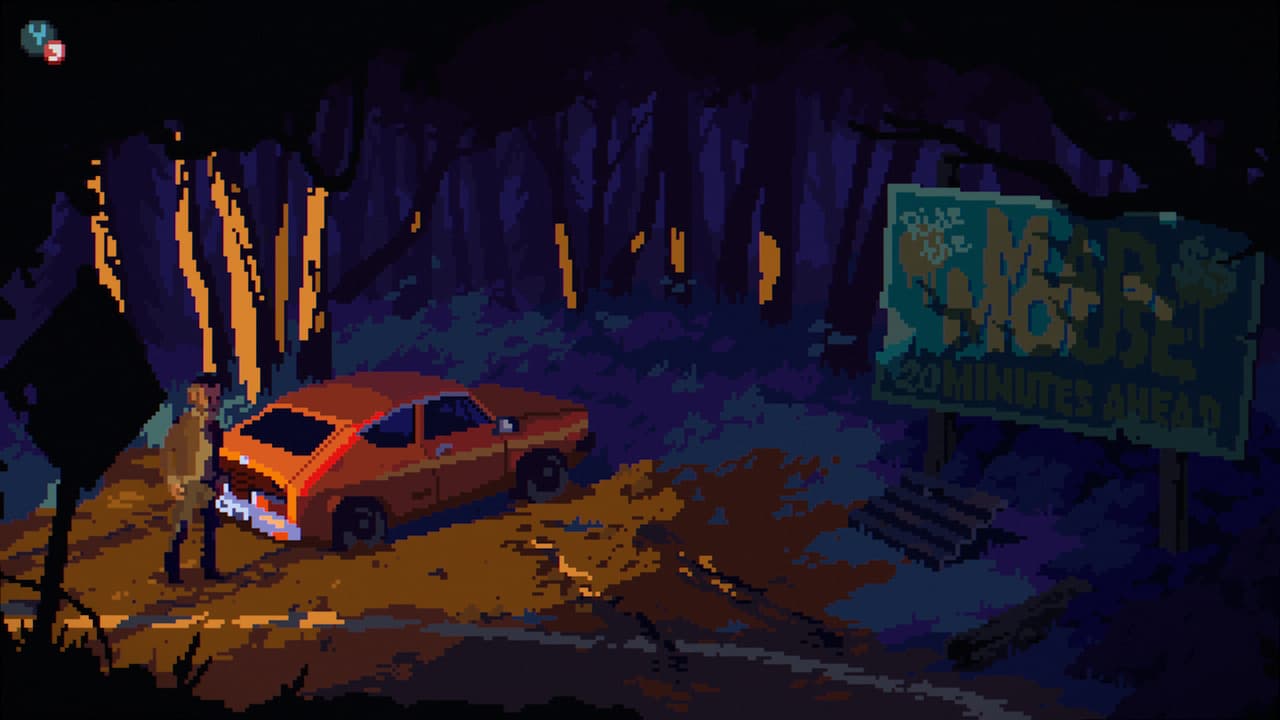
I’ve been playing a lot of well-paced games lately, and as I sit here reviewing internal builds of the game I am working on, pacing has been at the forefront of my criticisms lately. I wanted to chat to Blue about why pacing in games needs to be better.
Steve: This week I rolled credits on The Drifter, a pulpy adventure game modelled after the LucasArts greats with amazing voice acting and an interesting mystery to verb your way through. From the very first hour I was mesmerised by the game, which moved at a relentless clip. There was never a dull moment, and very few instances where I was left to contemplate esoteric puzzles to solve. It went from beat to beat with a purpose, that purpose was to never let you catch your breath as the mystery got deeper.
When I rolled credits some 8 hours later, I sat there and just let my emotions wash over me. The Drifter is probably my game of the year thus far, but when I tried to nail down exactly why, I was pretty surprised to discover that pacing was the main reason.
It doesn't do anything new for the genre. You collect items, you combine items, and you use them to solve puzzles that progress the story. You talk to a memorable cast of characters, and while at certain moments the story is quite hilarious, it takes a much more serious slant to its story telling when compared to say Full Throttle, or Sam & Max Hit The Road. But it still tells a story, a story that is certainly not revolutionary, but told with a deftness that is often lacking in games.
What The Drifter does is play with pacing. It cuts out the cruft by hitting the gas pedal of its beat-up panel van and never lets up. It cuts out the meandering through screens as you pixel hunt with a delirious combination of items but providing simple, logical challenges that directly tie into the story. It moves so quickly, making every single second count, and as a result I truly feel like it delivers an experience that is the best in class amongst its peers.
Pacing is something that so many games do poorly. It is so rare to get a game that has excellent pacing. I often don't consider it a point to be appraised when playing a game, but when a game does hit such a perfect cadence, it really stands out even if most of the package is more of an iteration on an established genre.
What about you Blue? Does pacing ever cross your mind when engaging with games? How did good or bad pacing change your opinion on a game?
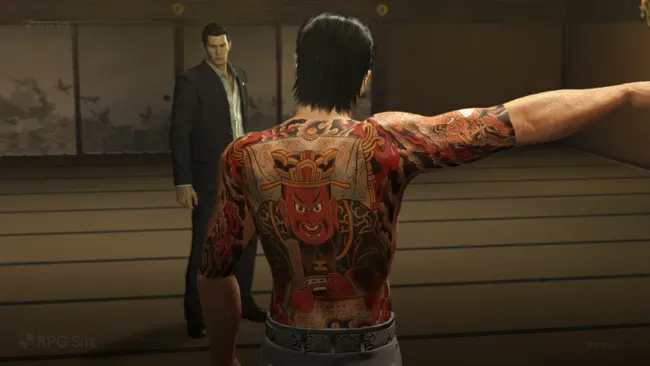
Blue: The funny thing is that when I think of amazing pacing in games, I think of your playthrough of Yakuza 0. That game felt like a masterclass in ratcheting up the tension and then bringing the story back down in a satisfying way. It was the game that got me to think about video game stories with the same vernacular as books. Rising action, falling action, etc. And now that I see that, I see how the long form games try (and sometimes fail) to get that just right.
Like how in the Persona games it's neatly partitioned up into each arc. Take a week or two of in-game time to set up the stakes, let the player loose in the dungeon, and then wrap it up when the timer is up, letting the player do the daily grind stuff. Where it often fails is that minmaxing the game and action economy, players will often rush the dungeon so that all the rising action is front loaded to each segment of time. It leaves you with a lot of free time after to just kind of play a daily sim kind of game after though which is nice. The neat effect is also that you get to dictate what the pace of the game is. You DO have the freedom of time within the constraints of the deadlines. If you play it like me, it changes the game from a dramatic thriller into a life sim with occasional pesky RPG moments.
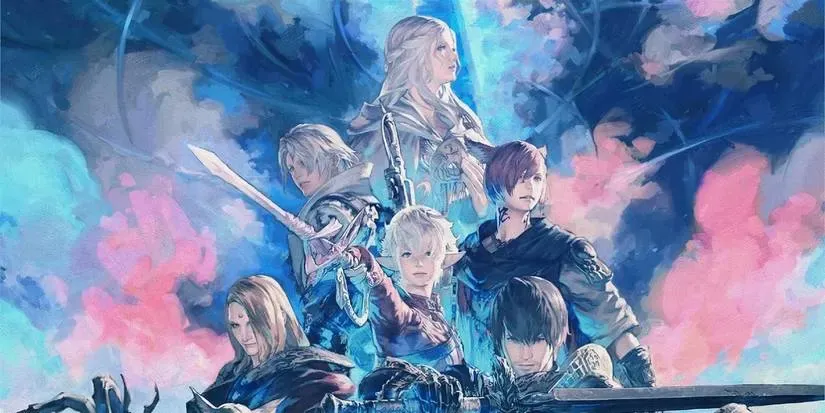
Now let's talk about bad pacing. And hoo boy, lemme tell ya, there's a very popular category of games out there that does badly with pacing. Live service games. Often, pacing is carefully plotted out, tested, and iterated upon. When a game has to keep churning content, one of the casualties is often pacing. The game that immediately jumped to mind for me is (I admit with some sadness) Final Fantasy XIV. It's a highly competent MMORPG, but if you're someone who plays it in large part for its story, you're going to see the cracks in it. This is especially true if you're playing current content and are being drip fed plot progression every few months. Story beat, pause for 2 months. Story beat, pause for 2 months. It's maddening and breaks the flow because it's not small arcs. It's often one big sequence to link two expansions together. With that said, the story as a whole is still praiseworthy. The team made something special with the conclusion of the big 10 year story. But man.. for me at least, they struggle a LOT with the falling action after each main story is done in the expansion. Doubly so with the post-Endwalker story that started off so badly that I won't revisit the game for its story for years (if ever again).
One thing you'll note is that my examples are all long form games. I'll admit I don't think about pacing too much in shorter experiences. I suspect in that regard, the pacing is doing a good job. It's one of those aspects of media that is invisible unless it sticks out. Do you think good pacing might be one of the reasons you bounce off of longer form stuff? Maybe because it doesn't grab you or you feel it's not going where it wants to go fast enough? And if so, what has changed with some of your recent forays into JRPGs? Are the games you chose just better at it?
Steve: Live service games are a rough prospect at the best of times. The constant churning of players and content as developers try to find out "what sticks" and keeps those player numbers high would be exhausting. Then when you add in some narrative beef into that stew, it's a bubbling mess that is hard to control as so many hands are reaching for their spoons. Ok, so maybe I am hungry which is why I am writing about stew, but also maybe I am onto something here.
A game like FFXIV is at a huge disadvantage, because so many people are constantly screaming from the mountaintops how good this story is. It has been going on for MULTIPLE years at this point, a feat that very few video games would even dare to put any real effort into. I would posit that no matter whether this was a live service game, or more concentrated DLC efforts over multiple years, there is no way that any ending would have been satisfying after that amount of time. The same can be said for long running TV shows. Rarely is the ending satisfying. There are outliers, sure. But for every Breaking Bad finale, we get hundreds of disappointing shows that just collapse under the weight of expectation.
But we aren't here to talk about consumer expectation. We are here to talk about pacing! When I think about well paced games, it's more often the shorter ones that really stand out in my mind. Games like Gone Home,Tactical Breach Wizards, or Jazzpunk. They know exactly what they are doing, they get it done, and they leave before they have a chance to get old or stale. Ask me what happened in hours 30 - 35 in Persona 5 Royal. I literally cannot tell you. That game is a BLUR of content that has so much filler and downtime, and sure I do remember those big story beats, the specifics are already fuzzy, and I just finished that game last year.
Gone Home though? I can tell you almost verbatim what I experienced in that game, and the feelings I personally had as that story unfolded. I remember specific fights and the hilarious dialogue that unfolded in Tactical Breach Wizards. Those games are far more memorable because not only do they move at a nice pace, but they have far more memorable moments and far less filler.
Every writer needs an editor. Every game needs one too in my opinion. We need to get better at creating those peaks and valleys that create a sense of being in the game worlds that we inhabit.
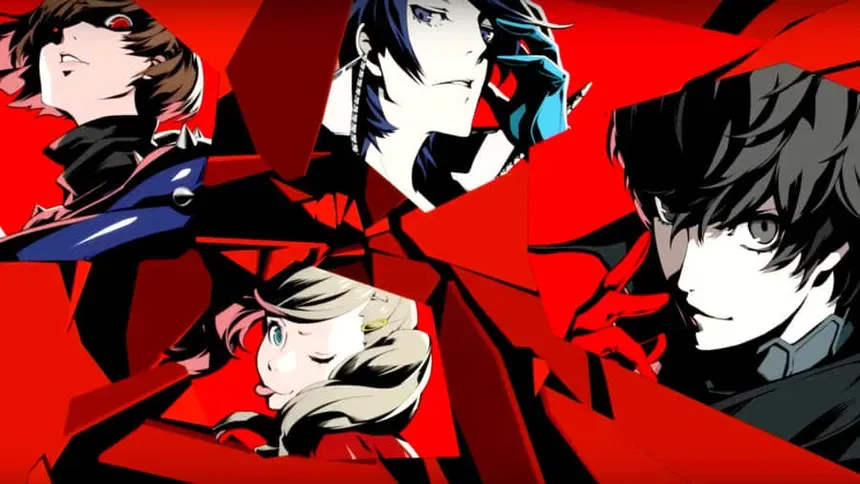
As to why I have been diving down the longer JRPG adventures recently, I think that is more to do with me living in Japan than me actually having a real interest. I played through Persona 5 Royal last year and sure, I had a great time. I really enjoyed that game and what it had to say for the most part - just a fun goofball high school club vibe. But it, like most Japanese media, has HORRENDOUS pacing. It also has to hit you over the head with explanations to make sure that you "really get it". I used to hate this about Japanese games, and it is a big reason why the JRPG genre was never of interest to me. But after living here for 6 years now, I understand WHY these games do it. I have learned to tolerate it, and for a certain experiences, I am willing to push through the "but the first 30 hours are shit but then it's great" rhetoric that I have been so opposed to for most of my gaming life. I think that is called personal growth.
What do you think we can do about pacing Blue? Or are we destined to have the current trend of the never ending "forever game" ruin any chance we have at creating more varied and meaningful experiences?
Blue: I'm honestly fascinated by the idea that you find long games to have bad pacing in general. When I think about pacing I really do tend to drift towards the longer form stories. Now, I'd never argue that Persona 5's 70+ hour game time (for me) has a 70+ hour story. Yes, it is just really 20 hours of actual storytelling with 50 hours of game mechanics around it, but I don't think that's necessarily a problem with how it tells a story. While I want the story to progress, I also do want to do the dungeon crawls and the turn based combat and the boss fights.
So.. yes! I agree that games need editors to fine tune the story delivery mechanisms. In successful titles, I'd argue they already have that even if the job description doesn't say so. That's part of the job of the lead designer in my mind: Keeping the story flowing at the right rate.
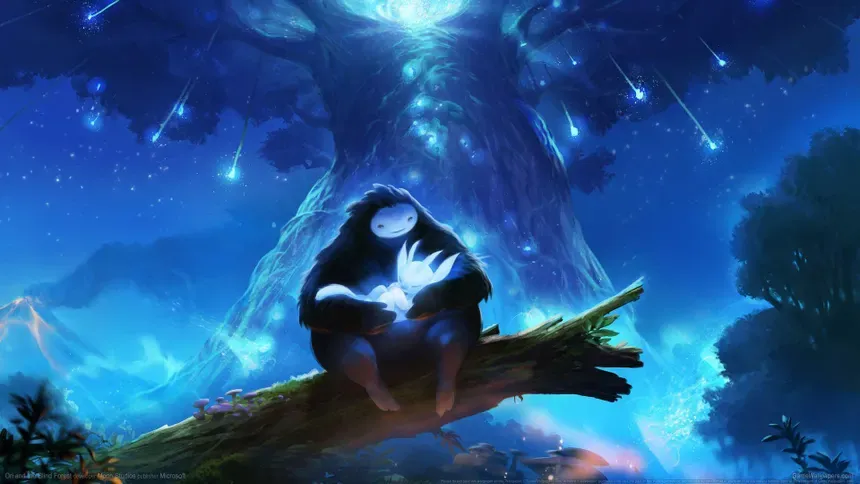
Shorter games with tighter experiences like your examples shine in this regard. Which is not to say that a short game just has inherently better pacing. Take for example Ori and the Blind Forest which I adore. It front and backloads a lot of the story with the main bulk of the game being mostly metroidvania that doesn't ask too much of the player's engagement with natural storybeats. Still a great game. And it still has its own internal pacing. In this instance, the pacing is much more about how mechanics are given out, giving the player time to get comfortable with them, and then putting it to the test. I think that's why a staple of metroidvanias is an escape sequence in the end. It's the moment where gameplay pacing meets story beat once again. It makes for a somewhat imbalanced feeling story at a glance, but it works for the game.
All of that is a roundabout way of saying that the traditional notion of pacing out story beats can often be at odds with a game's gaminess. Examples like Gone Home and what I think you saw in Tactical Breach Wizards are the special ones where the game doing video game things doesn't get in the way of also delivering good story at the same time, so the pacing can conform to the more traditional structure that we expect out of older media. Sure, I'd like more consistent meting out of story beats that roughly aligns with when my interest in a story starts to wane. No, I don't think the game experience should be sacrificed to allow that to happen. I would also argue that new and better examples of this will emerge naturally over time. And if we were to do anything about pacing, we should highlight those examples (just like what you did!). So that more people can see and learn from them. That's how we get richer and more expressive media at the end of the day. We stop to talk about the good ones and take lessons from them.
